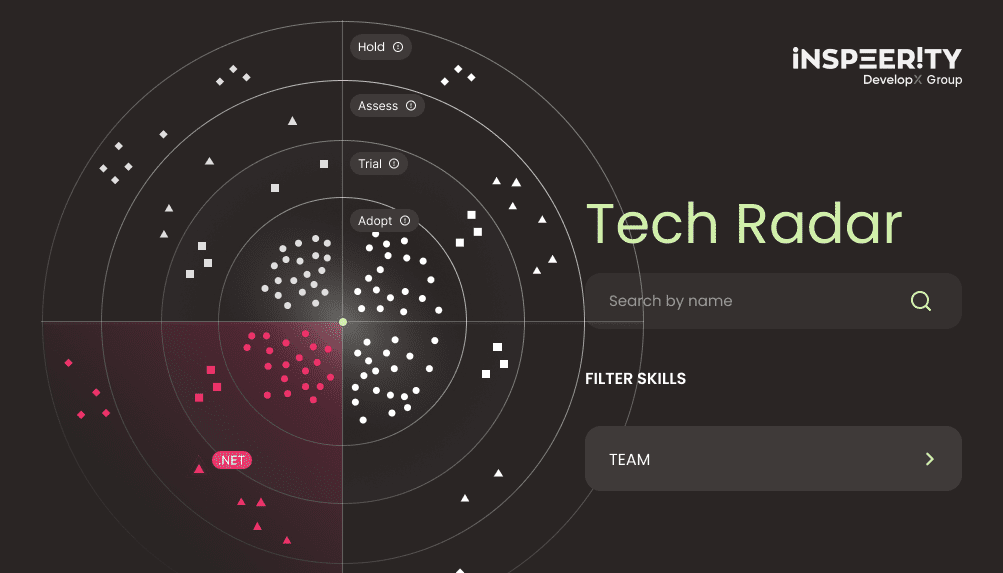With blockchain, you can make safety a reality, transforming drug traceability. You can guarantee the authenticity of every product. This means that only genuine medications reach the hands of consumers.
In today’s blog, I will go into how blockchain and digital healthcare can work together. And answer how new technology is improving supply chain management. With healthcare software services becoming more important, now’s a good time to think about how digital solutions can improve traditional processes.
What is Blockchain?
Blockchain is like a digital ledger or notebook where each transaction (or “block”) is recorded and linked to the previous one. This forms a continuous chain. Once something is written in this ledger, it can’t be changed, making it secure and trustworthy. This system powers cryptocurrencies like Bitcoin. But it is also useful for tracking goods in a supply chain and managing financial and medical records.
The need for change in healthcare
The pharmaceutical industry, a critical part of healthcare, faces the challenge of keeping the supply chain safe. Counterfeit drugs, distribution issues, and outdated processes are just the beginning. This is where blockchain technology steps in. As a decentralized, secure, and immutable ledger, blockchain can help tackle these issues.
It ensures transparency and trust at every stage of the supply chain, from manufacturer to consumer.
Did you know?
The World Health Organization (WHO) estimates that around 11% of medications sold in developing countries are counterfeit. This results in about 144,000 extra deaths annually due to imitation antibiotics and anti-malarial drugs alone.
How Blockchain is helping digital health transformation
Imagine every transaction within the supply chain, from production to patient, is recorded in a record. With blockchain technology and smart contracts, this vision becomes a reality. By using Digital Ledger Technology (DLT), you can ensure end-to-end traceability. This reduces the risk of counterfeit medications entering the market. Every stakeholder can verify the authenticity of drugs at every step, providing security and trust.
Moreover, introducing tokenization within blockchain software development brings a new level of visibility. Each product can be serialized with unique identifiers. You can then track, in real-time, through QR codes and NFC technology. This enhances traceability and helps in fraud detection and anti-counterfeiting measures.
How smart contracts automate trust and compliance
Smart contracts, which are contracts with terms written directly into code, offer potential. In drug traceability, these contracts can automate and enforce regulatory compliance. By setting predefined conditions, smart contracts help the supply chain follow regulatory standards. Often, without the need for manual oversight. This automation brings a new level of trust and efficiency to the process.
How do smart contracts work in practice?
- Defining Terms and Conditions
- The first step involves defining the terms and conditions of the smart contract. This includes specific requirements for manufacturing, packaging, shipping, and handling the drugs. These conditions are encoded into the smart contract, creating a digital agreement that is tamper-proof.
- Recording Transactions
- As drugs move through the supply chain, each transaction is recorded on the blockchain. This could involve logging the production date, batch number, and end date. These records are immutable, meaning they cannot be altered once recorded.
- Automatic Verification
- Smart contracts automatically verify that conditions are met at each stage of the supply chain. For example, the contract can check if a drug was stored at the correct temperature during transportation. If all conditions are met, the contract allows the transaction to proceed to the next stage.
- Enforcing Compliance
- If a condition is not met, the smart contract can trigger specific actions. This can include halting the shipment, notifying the relevant parties, or even initiating a recall process. There’s an immediate response to compliance issues, preventing non-compliant drugs from reaching consumers.
- Secure Data Sharing
- All stakeholders, including manufacturers, distributors, and regulators, have access to the blockchain network. They can view the transaction history and verify compliance without compromising data security. The use of cryptographic techniques ensures that only authorized parties can access information.
- Transparency and Auditability
- Blockchain transparency means that every transaction is visible to authorized parties. This creates an audit trail, simplifying the process of regulatory audits and inspections. Regulators can quickly verify compliance with minimal paperwork.
- Reducing Administrative Overhead
- By automating records, smart contracts reduce the need for manual checks and documentation. This reduces administrative tasks.
- Interoperability
- Smart contracts can integrate with existing systems and technologies, such as IoT devices and ERP systems. For instance, IoT sensors can feed data into the blockchain. This enables continuous monitoring of drug conditions throughout the supply chain. The seamless data flow enhances the efficiency of the supply chain.
Decentralized applications (dApps) and interoperability
Decentralized applications (dApps) can create transparent, accessible, and secure platforms for exchanging data, builds peer-to-peer networking among stakeholders. This increases interoperability between different systems and devices. At the same time, it ensures the privacy and security of health data.
Imagine the concept of a digital twin in healthcare—a virtual representation of a drug’s lifecycle powered by blockchain. This allows real-time monitoring and analysis of each medication’s journey. The potential for optimization in the supply chain is immense.
The market value of Blockchain
The global blockchain in healthcare market was valued at USD 7.04 billion in 2023 and is expected to grow at a compound annual growth rate (CAGR) of 63.3% from 2024 to 2030. By 2025, total spending by the healthcare sector on integrating blockchain technology is projected to reach USD 5.61 billion.
Looking ahead to the future of healthcare software development
The future of healthcare software development is one where blockchain technology plays a pivotal role. It ensures the integrity, efficiency, and transparency of health-related transactions and data management. Digital solutions promise to help change how health services are delivered, managed, and optimized.
Integrating blockchain into healthcare, especially in drug traceability, addresses some challenges. End-to-end traceability, smart contracts, and decentralized applications promise a more secure supply chain.
As we move forward, terms like blockchain, smart contracts, and digital ledger technology will become more common in healthcare. These technologies represent the next step in improving traditional processes.




